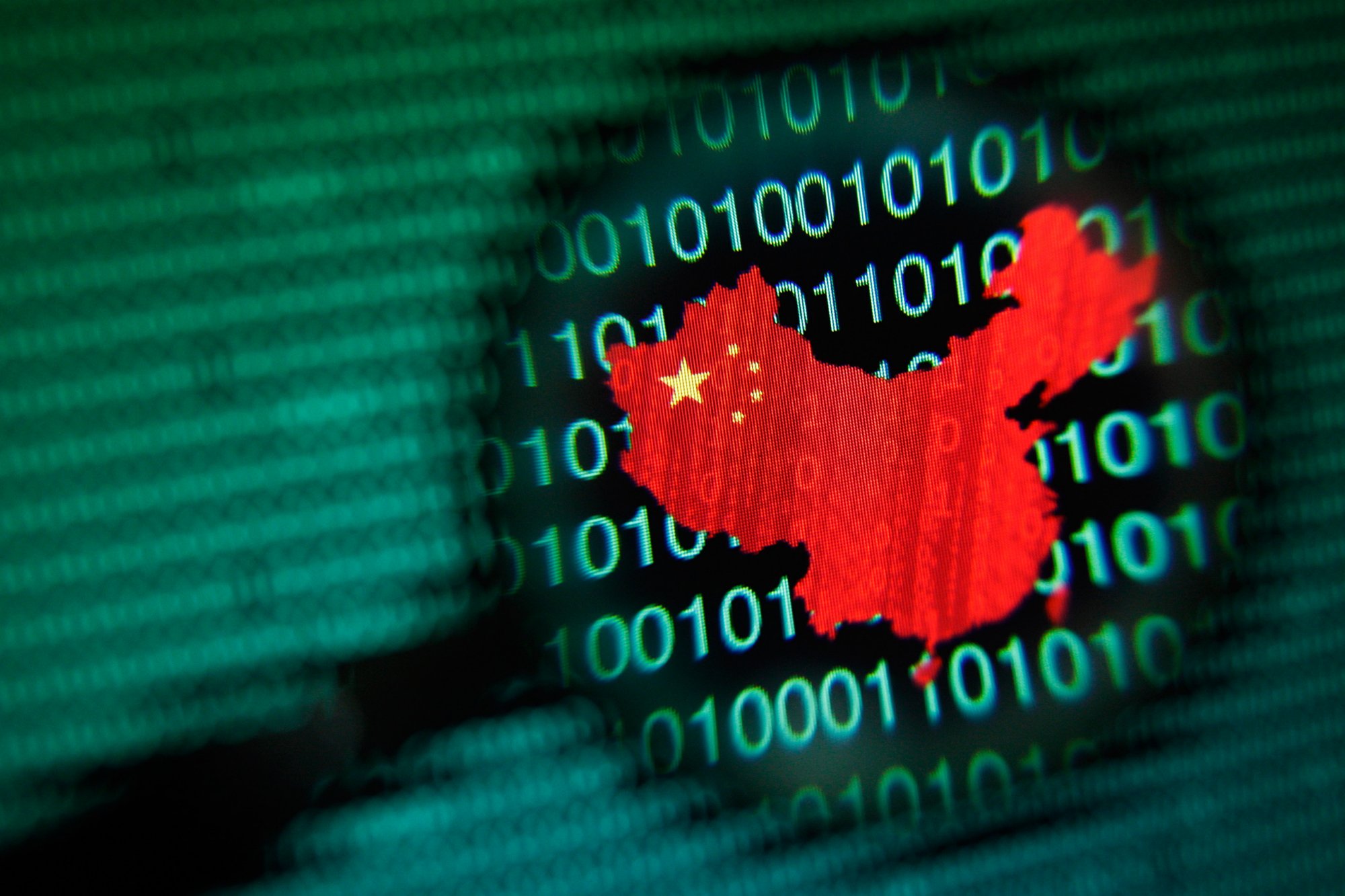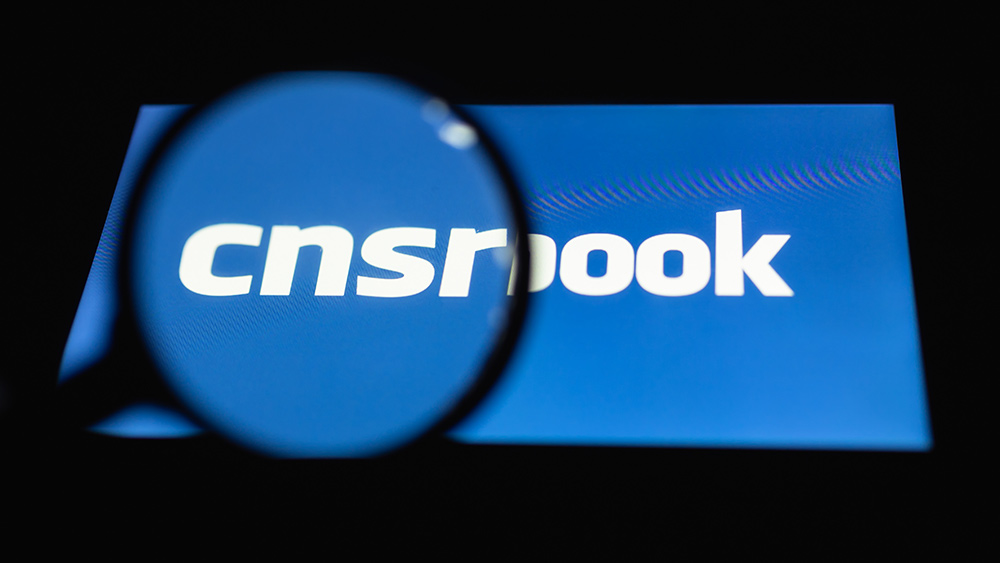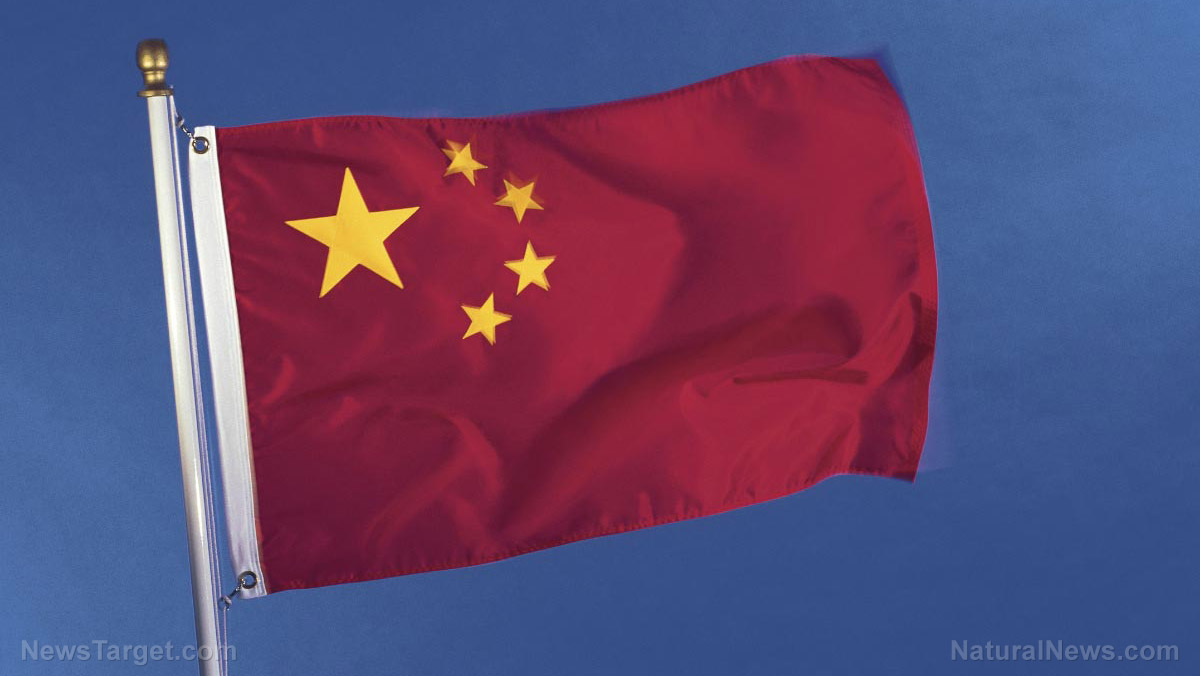DOJ indicts two Chinese hackers, says Beijing now targeting COVID-19 research
07/28/2020 / By Michael Alexander

The Department of Justice has indicted two Chinese nationals over their role in what the agency has called a “decade-long cyber espionage campaign” that targeted defense contractors, COVID researchers and hundreds of other companies in more than 11 countries, including the U.S.
“The defendants stole hundreds of millions of dollars’ worth of trade secrets, intellectual property, and other valuable business information,” the Justice Department said in its indictment, which was unsealed Tuesday.
The defendants, identified as former electrical engineering students Li Xiaoyu and Dong Jiazhi, stole terabytes of weapons designs, drug information and software source code, as well as supplied personal data from targets that included dissidents and Chinese opposition figures to China’s Ministry of State Security and other Chinese government agencies, according to U.S. officials.
“The hackers stole terabytes of data which comprised a sophisticated and prolific threat to U.S. networks,” the Justice Department said in a press release, adding that, the defendants were seen to have actively probed for vulnerabilities in computer networks of companies, some of which were developing COVID-19 vaccines, testing technology and treatments.
Authorities clarified, however, that the two were mere “contractors” for the Chinese government, rather than full-fledged spies.
According to threat intelligence analyst Ben Read, China has frequently relied on freelance cybercriminals in order to reinforce its hacking capabilities – as well as provide the Communist Party with plausible deniability and a way to escape accountability.
“Using these freelancers allows the government to access a wider array of talent, while also providing some deniability in conducting these operations,” Read, who works for the U.S.-based cybersecurity company FireEye, said.
U.S. Assistant Attorney General for National Security John Demers, during a virtual press conference, said the hackings offer proof of Beijing and the Chinese Communist Party’s “insatiable hunger” for American and other non-Chinese companies’ hard-earned intellectual property. (Related: A Communist takeover? Chinese military researcher admits stealing data, layouts from US university.)
“In this manner, China has now taken its place, alongside Russia, Iran, and North Korea, in that shameful club of nations that provides [a] safe haven for cybercriminals in exchange for those criminals being on call for the benefit of the state,” Demers said, adding that this is the first time that the U.S. brought charges against suspected Chinese private-sector hackers who also work at the behest of the state.
The Justice Department, in a statement, stated that the hackers targeted firms located in Australia, Belgium, Germany, Japan, Lithuania, the Netherlands, Spain, Sweden and the UK, noting that the two were able to infiltrate a British artificial intelligence firm and a Spanish defense contractor, as well as an Australian solar energy company.
As per information released by the Justice Department, Li and Dong also targeted at least four American companies that were revealed to have been working on research regarding coronavirus treatment and testing. However, the indictment did not mention if the two hackers were able to successfully access any of the firms’ networks or data and if they were able to successfully steal COVID-related research.
In its indictment, however, the Justice Department noted that Li and Dong were alleged to have successfully stolen important information regarding several high-profile defense programs from several firms, such as military wireless networks and communications systems; high-powered microwave and laser systems; military satellites; a counter-chemical weapons system; and ship-to-helicopter integration systems.
As detailed in the indictment, the two hackers were able to supply the mentioned information to Beijing’s intelligence agency.
Aside from research, Li and Dong also allegedly provided the Chinese government with personal data on selected targets, such as passwords for email accounts of certain Chinese dissidents, including a former Tiananmen Square protester, a Hong Kong community organizer, and two pastors of a Christian church in Xi’an and Chengdu in China.
Authorities have noted however that while a wanted bulletin has been issued for both men and identified them as fugitives, it remains unlikely as of press time that Li and Dong — who are both based in China — will ever set foot inside of a U.S. courtroom.
As noted by the Justice Department, both Li and Dong have been charged with one count of conspiracy to commit computer fraud, one count of conspiracy to commit theft of trade secrets, one count of conspiracy to commit wire fraud, one count of unauthorized access of a computer, and seven counts of aggravated identity theft.
FBI: “China now acting like an organized crime syndicate”
The FBI, in a statement, said that the recent spate of cyberattacks is part of a relentless campaign of economic espionage waged by Beijing in a bid to plunder U.S. companies of valuable research and other data.
“China steals intellectual property and research, which bolsters its economy, and then they use that illicit gain as a weapon to silence any country that would dare challenge their illegal actions,” FBI Deputy Director David Bowdich said, comparing Beijing’s behavior to that of “an organized criminal syndicate.”
Earlier this year, the FBI, through Director Christopher Wray, warned of ongoing Chinese counterintelligence threats to American companies and health care groups, noting in a statement that Beijing’s espionage activities increased by approximately 1,300 percent.
Wray, speaking at an event at the Hudson Institute, added that such actions by Beijing have the potential to harm the American economy on a scale that “defies calculation.”
“To achieve its goals and surpass America, China recognizes it needs to make leaps in cutting edge technology, but the sad fact is that instead of engaging in the hard slog of innovation, China often steals American intellectual property,” Wray said, adding that China would then use this stolen data to compete against the very American companies they stole it from.
Chinese Foreign Ministry spokeswoman Hua Chunying has since dismissed the idea that the country is waging cyber attacks to steal US Covid-19 research, branding the allegation as “absurd”.
“China is playing a leading role in coronavirus vaccine R&D. We have top-ranking researchers and we don’t need to steal to be in the lead,” Hua said during a meeting with the press.
Sources include:
Tagged Under: Beijing, case, China, communism, Communist Party, corruption, court, cyber war, Department of Justice, DOJ, espionage, fraud, hacking, indictment, intellectual property, legal, lies, medical research, medical technology, national security, nationan institutes of health, President Trump, research, technology, theft, Thousand Talents, treason, university research, World War III



















